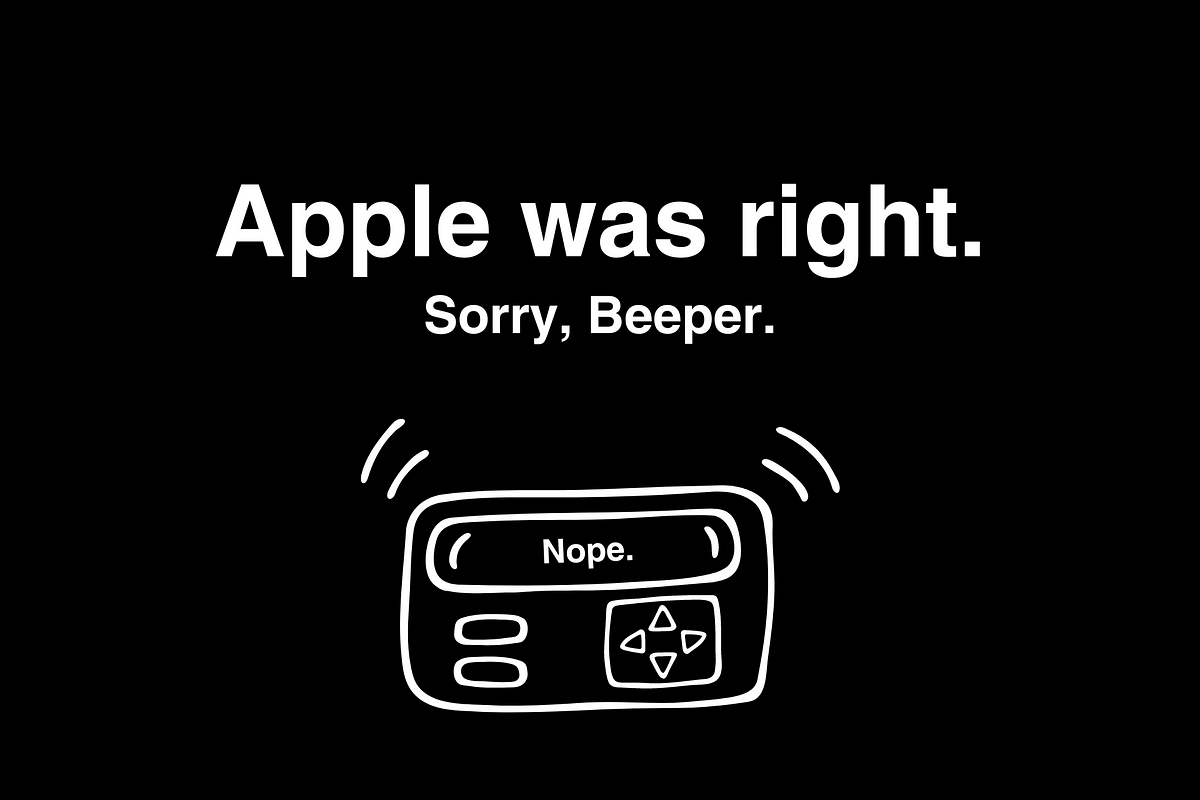In one go, it will certainly raise some questions about my sanity, I believe that Apple is completely right to block Beeper's attempts to bring iMessage to Android. Not because iMessage on Android would be terrible, but because how Beeper tries to operate is not really okay in my book.
Beeper's blog is very adamant that Android and iPhone customers really want to be able to chat with high-quality images/videos, encryption, typing status, read receipts, and all modern chat features.
iMessage offers these features - just not on Android phones. Beeper's solution? Bring iMessage to Android!
The problem, however, lies in the implementation.
iMessage is intended to be used with Apple devices - iPhone, iPad, Mac, and Apple Watch. It is not used by or provided for Android devices.
And to make iMessage work, Beeper needs to trick the system.
What is Beeper?
Beeper Mini is an Android app designed to make any Android phone work with iMessage by sending messages through a reverse-engineered iMessage protocol to Apple.
Beeper generates encryption keys on the device and uploads the public keys to Apple. But instead of using Apple’s push notification service like an iPhone with iMessage can, Beeper has developed a workaround it calls Beeper Push Notification Service (or BPN), which interacts with Apple’s servers and then notifies the end user of new messages.
Note here, this is not just an imitation of iMessage. Beeper's system is designed to actually use Apple’s servers - without permission.
Beeper is not the first to try to bring iMessage to Android. Nothing Chat successfully - for a moment - worked on nothing phones until it was shut down.
In fact, Beeper is a clever system. And it seems to have worked. But that doesn’t make it right.
Shut down by Apple
Shortly after Beeper Mini took flight, it was taken down by Apple, rightly citing
